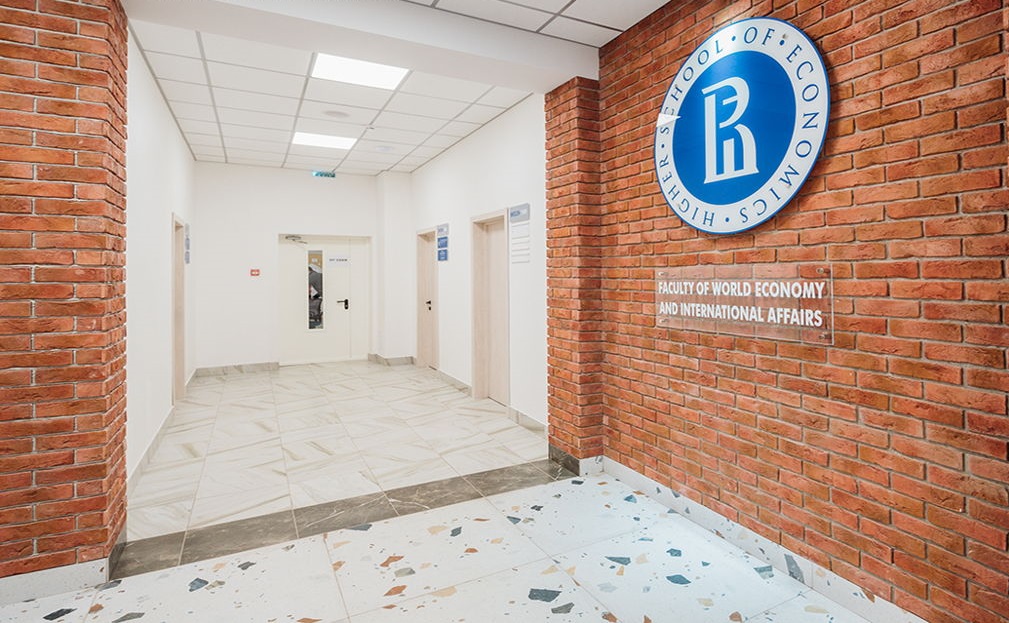‘Researchers Play an Important Role by Knowing the Truth of the Tragic Past’

On October 20, the School of Asian Studies of the HSE University Faculty of World Economy and International Affairs will host the talk ‘Holy Sites Conflict in Palestine. Peace and Resolution’ delivered by Dr Ali al-Awar.
Dr al-Awar is a researcher who specialises in the Israeli-Palestinian conflict and the relationships between the Israeli and Palestinian peoples. He has spoken at the Harvard University Law School, lectured at the Department of International Relations at Middle East Technical University in Turkey, and published the book Israeli-Palestinian Conflict on al-Haram al-Sharif.
In his interview, Dr al-Awar talks about the history and legacy of the conflict and explains how researchers can help find present-day solutions.
Dr Ali al-Awar
An Enduring Conflict
I have contributed to many studies and lectures related to the Palestinian-Israeli conflict, which extends for more than a hundred years—from the Balfour Declaration of 1917 until today. The Palestinian people have been subjected to a great tragedy in the Nakba. Jewish people went through the Holocaust at the hands of the Nazis, with the loss of nearly six million lives. The Nakba and the Palestinian tragedy continue to this day.
Importantly, the great powers of Britain, France and America contributed to the construction and establishment of Israel because of the Holocaust. After 75 years, however, Palestinians have not yet obtained a state that guarantees their political rights.
Present Challenges
The most important challenge facing Israelis and Palestinians is the loss of trust between the two peoples
The Israeli side did not abide by the Oslo Accords of 1993 and failed to grant the Palestinian people an independent state five years after their signing.
One of today’s challenges is the growth and development of an extreme-right ideology in Israel and the Israeli policy of increasing settlements, demolishing Palestinian homes, and displacing Palestinians. In return, extreme ideology has emerged among Palestinians—for example, the ideology of Hamas believes in religious ideology and armed resistance. This has left victims on the Palestinian and Israeli sides.
Another challenge is the weakness of the United Nations and the Security Council in implementing UN resolutions related to the Palestinian cause. This is due to US control over the UN Security Council and support of Israel at the United Nations.
Yet another challenge is that the Palestinian cause is no longer a priority for Europe and the United States. Therefore, there is no international pressure on Israel to return to the negotiating table, and the Israeli leadership on the Israeli right does not recognise the two-state solution as a basis for resolving the conflict.
The economic interests of Europe and America have become more of a priority than values, morals and human justice
They have not provided the Palestinian people with full political support to obtain a Palestinian state through negotiations and the implementation of United Nations resolutions. Hence, America's policy in the Middle East is based on its economic interests, foremost of which is access to oil, gas and energy sources.
The Human Cost
The most important lesson I have learned from this conflict is that mothers from the Palestinian and Israeli sides are the ones who pay the price. The tears of mothers from both sides continue because the occupation continues.
Last month, a young Palestinian man from Nablus named Ibrahim al-Nabulsi was killed. His mother said goodbye to him in tears and told him she was proud of him. But in the end, she lost her son.
Last week, an Israeli soldier named Eido Baruch was killed. His mother said goodbye to him in tears and told him she was proud of him. But in the end, she lost her son too.
Ending the occupation would stop the shedding of blood and tears on both sides
Resolving Conflict Through Research
There is an important researcher named Professor Edward Said. During the twentieth century, he presented important research on eastern studies and culture and wrote a book titled Orientalism in which he called for the need to respect other cultures and not to use culture to control other people. Through his research, he succeeded in getting colonial countries to apologise to some of the peoples they had occupied and admit that they made mistakes in occupying others and controlling their resources by brutal methods of killing, expulsion and exile from their homeland.
Researchers can play an important role by knowing the truth of the tragic past, conducting analysis and research related to the conflict, and directing decision-makers towards political initiatives that can instigate peace between the two peoples.
There is a role for researchers in multiple conflicts in the world, and especially in the Israeli-Palestinian conflict
Cooperation with HSE University
My relationship with HSE University started five years ago when I was working as a lecturer at the Moshe Dayan Center for Peace, giving lectures related to the conflict, especially the conflict over Jerusalem. I met Dr Irina Tsaregorodtseva on one of the cultural tours in Jerusalem and the Haram al-Sharif. I got to know her after a lecture and asked her about academic cooperation with the university related to research or lectures. We exchanged a number of emails and developed an academic relationship, but it was interrupted by the pandemic. I am proud to be renewing this academic relationship with Dr Tsaregorodtseva and the whole HSE University team.
Dr al-Awar’s talk on ‘Holy Sites Conflict in Palestine. Peace and Resolution’ will take place on October 20. To attend in person or online, please register in advance.
Irina A. Tsaregorodtseva
Associate Professor, School of Asian Studies

